Year 7
Step into Geography
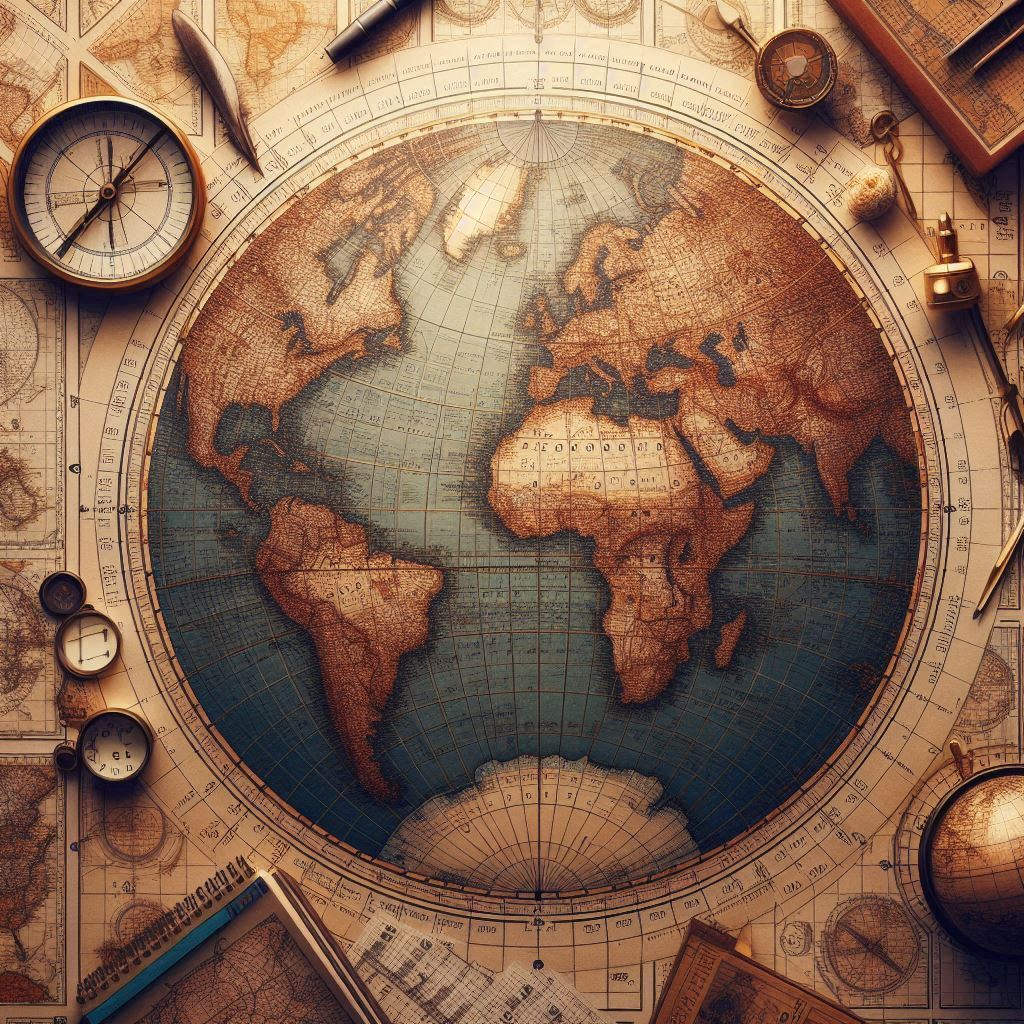
In Year 7 Geography, you'll explore what geography is all about. You'll learn the difference between human geography, which studies people and places, and physical geography, which looks at natural features like mountains and rivers. You'll also discover the places you'll study in KS3 and get an introduction to essential map skills.
Read MoreWeather and Climate
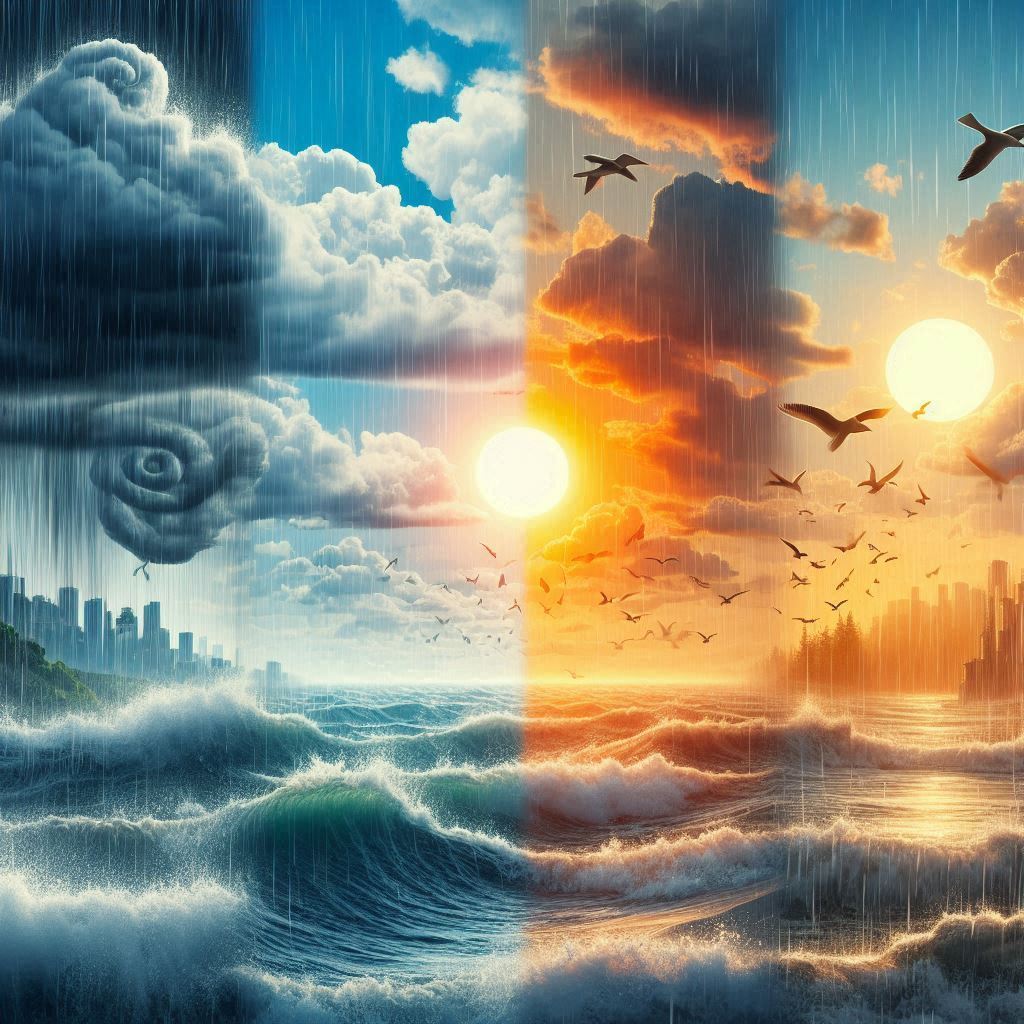
In Year 7 Geography, you'll explore the differences between weather and climate, learn about the causes of weather changes, and understand the UK's climate. You'll also discover different types of rainfall, how weather is measured, and what depressions and anticyclones are. This unit is key to understanding how weather and climate affect our lives.
Read MoreDevelopment
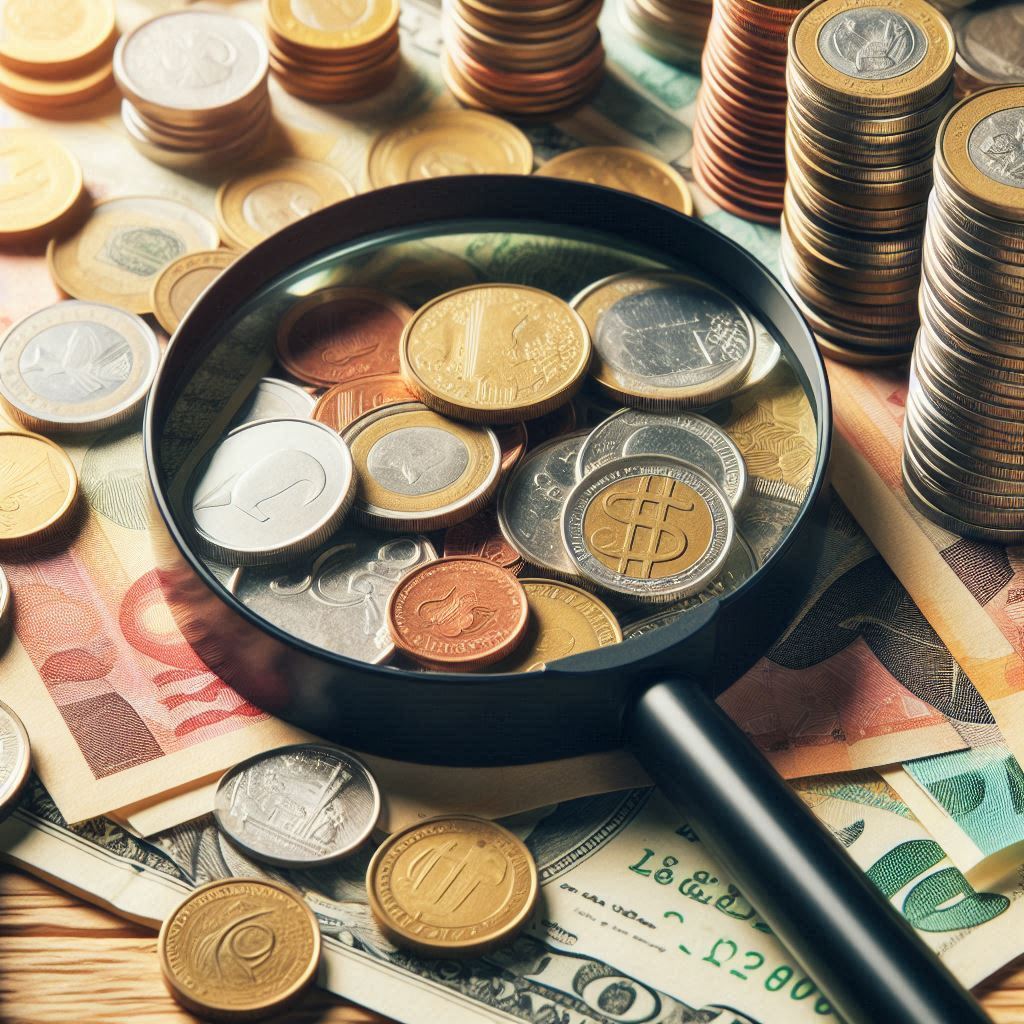
In Year 7 Geography, you'll explore what development means and why some countries are more developed than others. You'll learn how development is measured economically and socially, and discover how different factors like jobs, fair trade, and technology can improve development. Understanding development helps explain why people around the world live in different conditions.
Read MoreCoasts
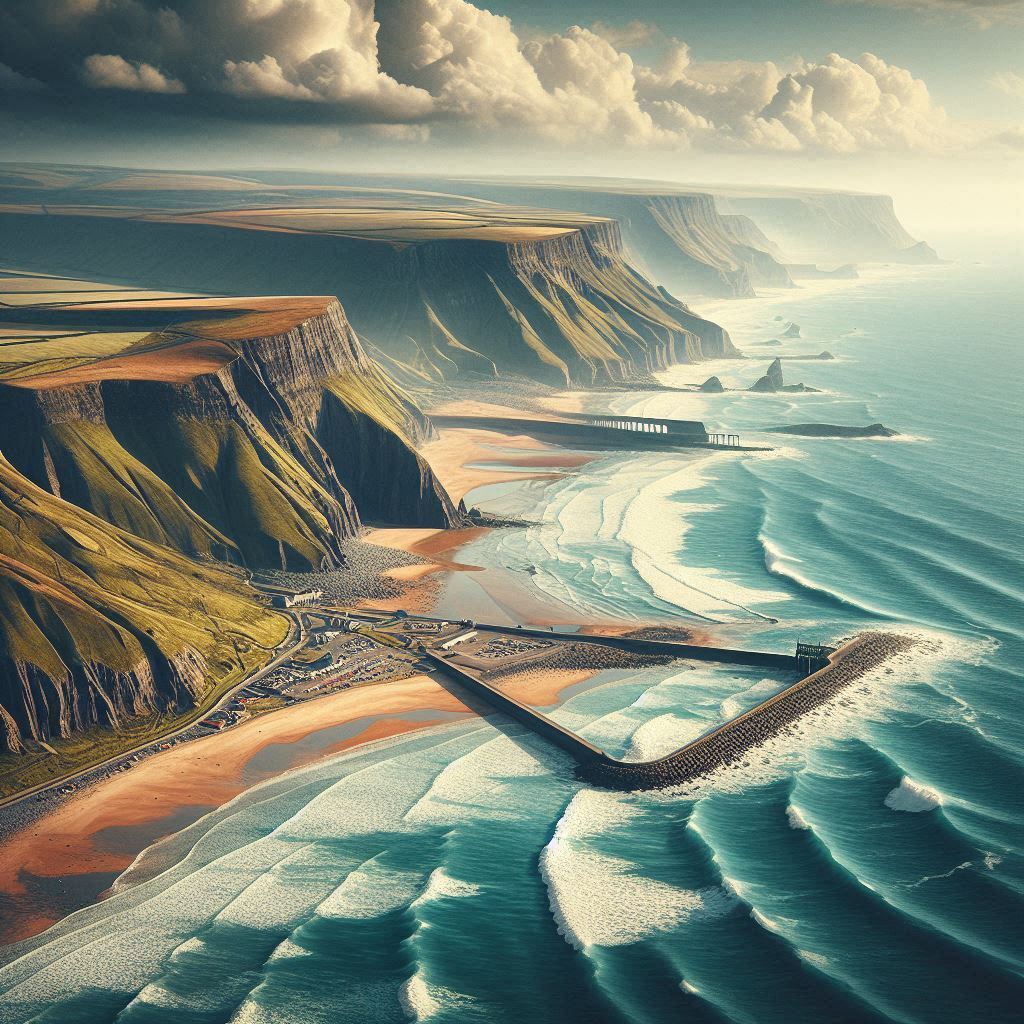
In Year 7 Geography, you’ll learn about coasts and the different types of coastline. You’ll explore how waves work, what processes shape the coast, and how coastal landforms like stacks and spits are created. You'll also study the threats to the coast and how we can protect it, focusing on UK landscapes.
Read MoreGeographical Enquiry
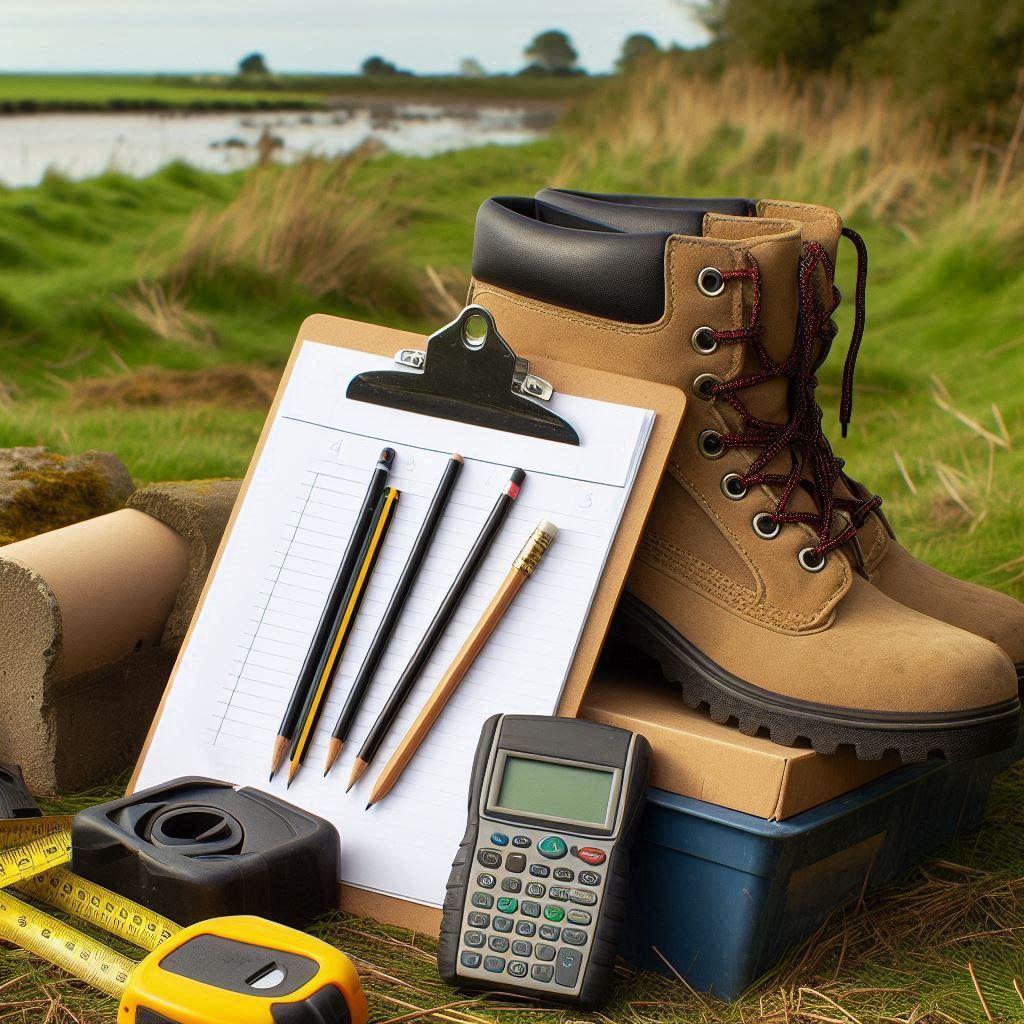
In Year 7 Geography, you'll learn how to conduct a geographical enquiry. This means asking questions about a topic, collecting and analysing data, and drawing conclusions. You’ll explore different methods to gather information, present your findings using graphs and charts, and learn how to evaluate the accuracy and reliability of your results.
Read MoreYear 8
Energy and Sustainability
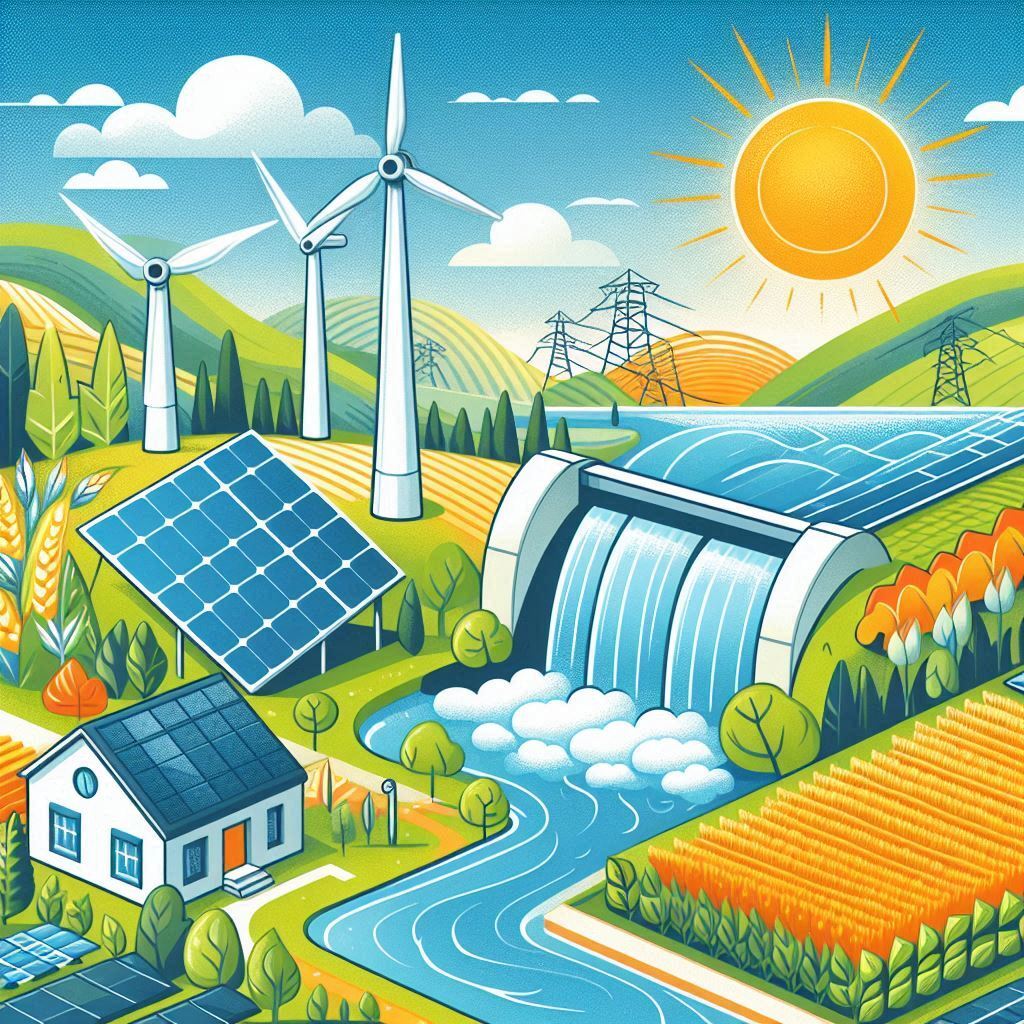
In Year 8 Geography, you’ll explore energy and sustainability, learning about where our energy comes from and how we can use it more sustainably. You’ll examine different types of energy sources, including fossil fuels and renewables, and understand their impacts on the environment. This unit will help you think about the future of energy and how we can make better choices for the planet.
Read MoreGlaciation and human activity in Polar regions
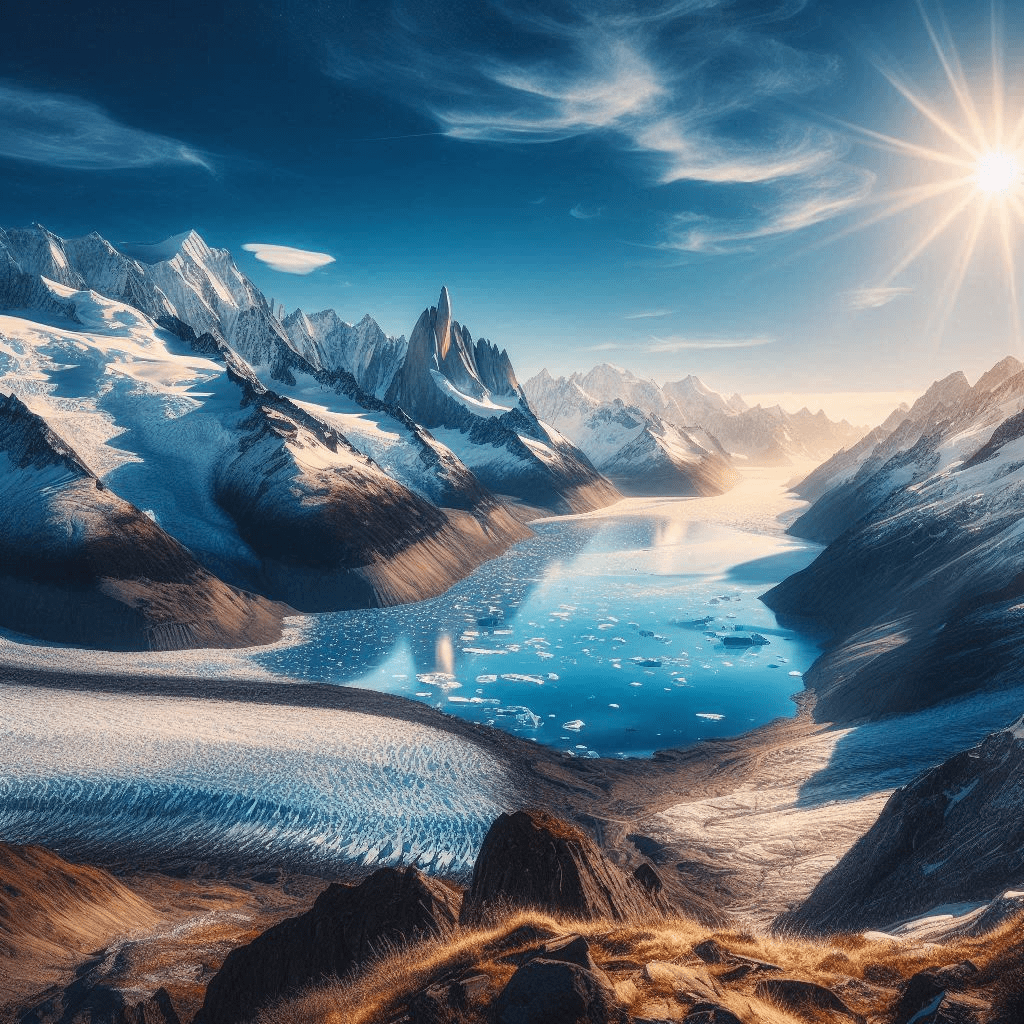
In this unit, you’ll explore the Polar Regions, focusing on glaciers and their impact on landscapes. You’ll learn about how glaciers form and shape the land, how plants and animals survive in these cold environments, and how climate change affects the Arctic. You’ll also investigate human activities in these regions and consider what the future might hold for both the Arctic and Antarctica.
Read MoreTectonics
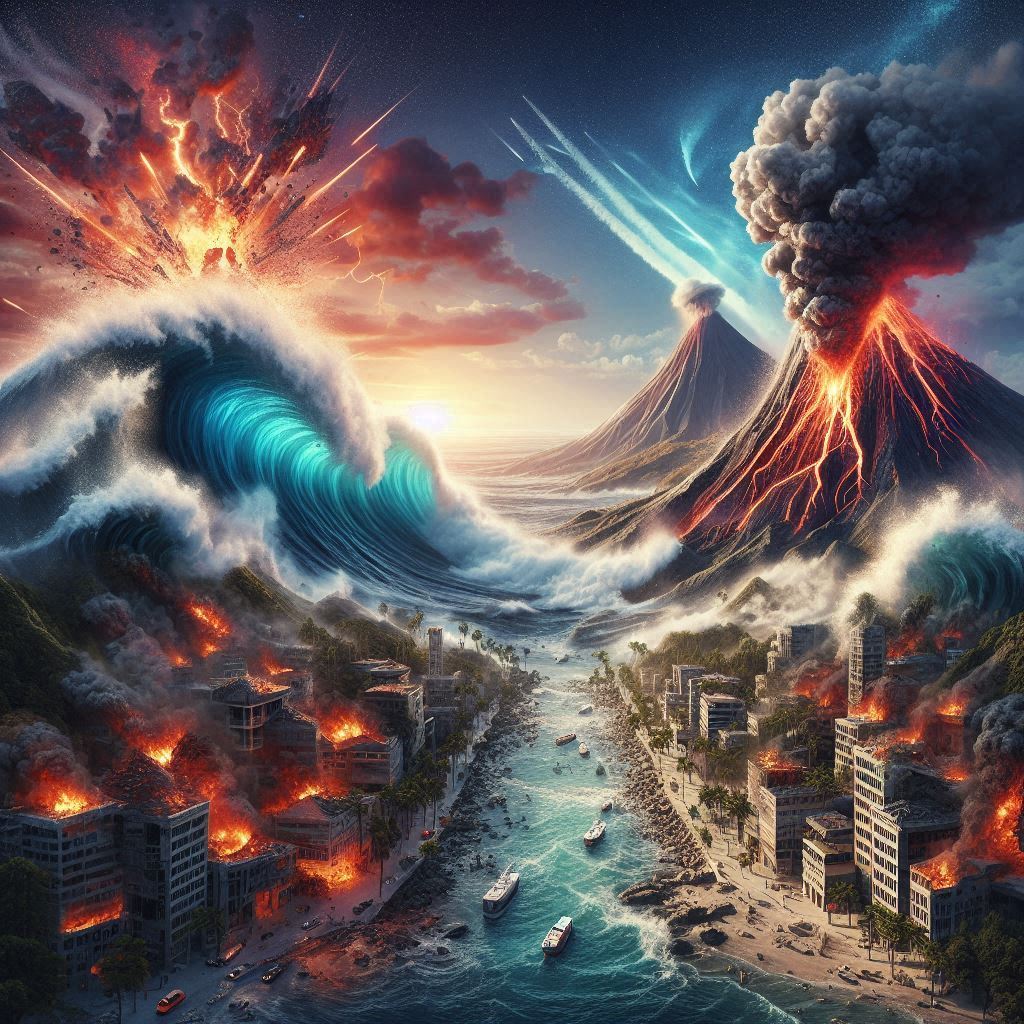
In this unit, you’ll explore tectonics, focusing on how the Earth's structure affects natural hazards like volcanoes and earthquakes. You’ll learn about tectonic plates, how they move, and how they cause volcanic eruptions and earthquakes. You'll also investigate how these events impact people and how we can respond to and prepare for them.
Read MorePopulation
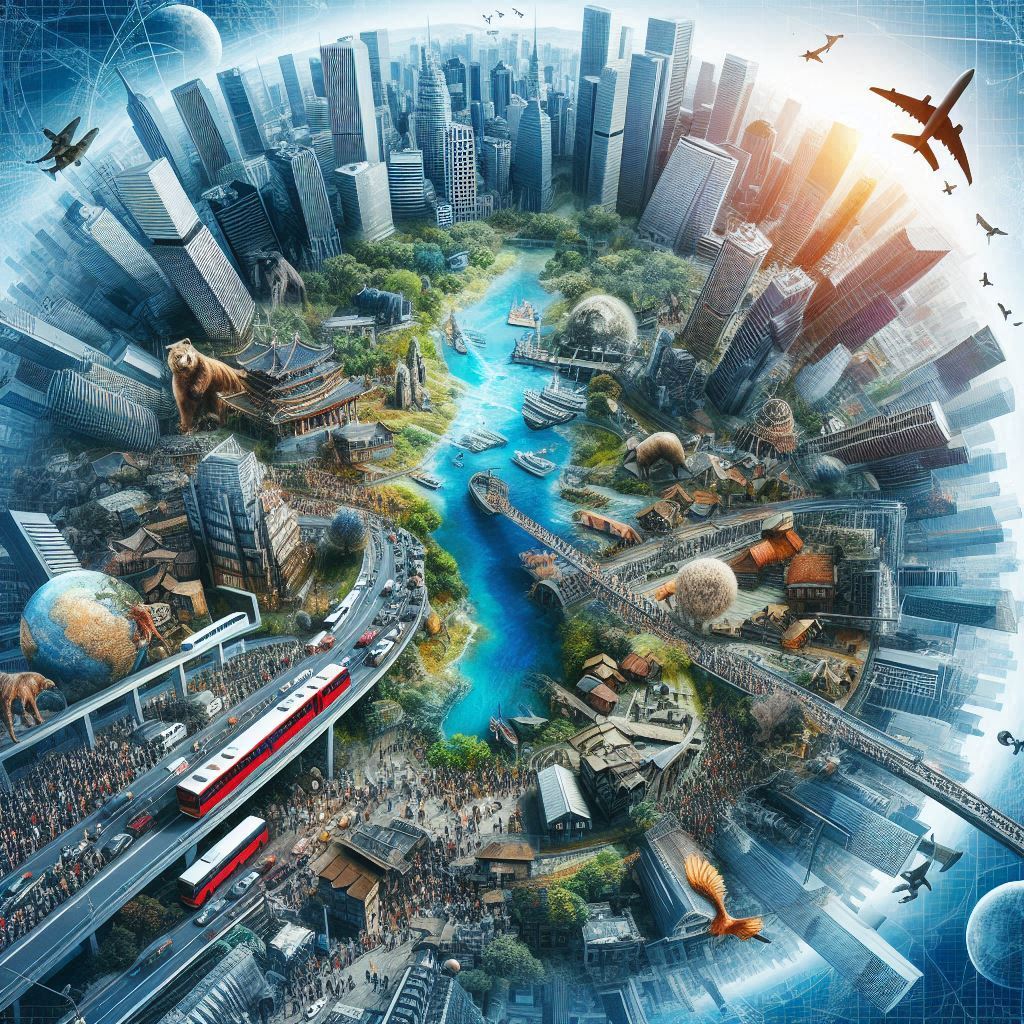
In this unit, you’ll explore global population trends and migration patterns. You’ll learn how the world’s population is changing, how it is distributed, and what population pyramids show. You’ll also study how the UK’s population has evolved, the effects of overpopulation and ageing populations, and why people move. You’ll examine life in different types of cities (HICs, NEEs and NEEs) and how urbanisation can be managed.
Read MoreYear 9
Rivers
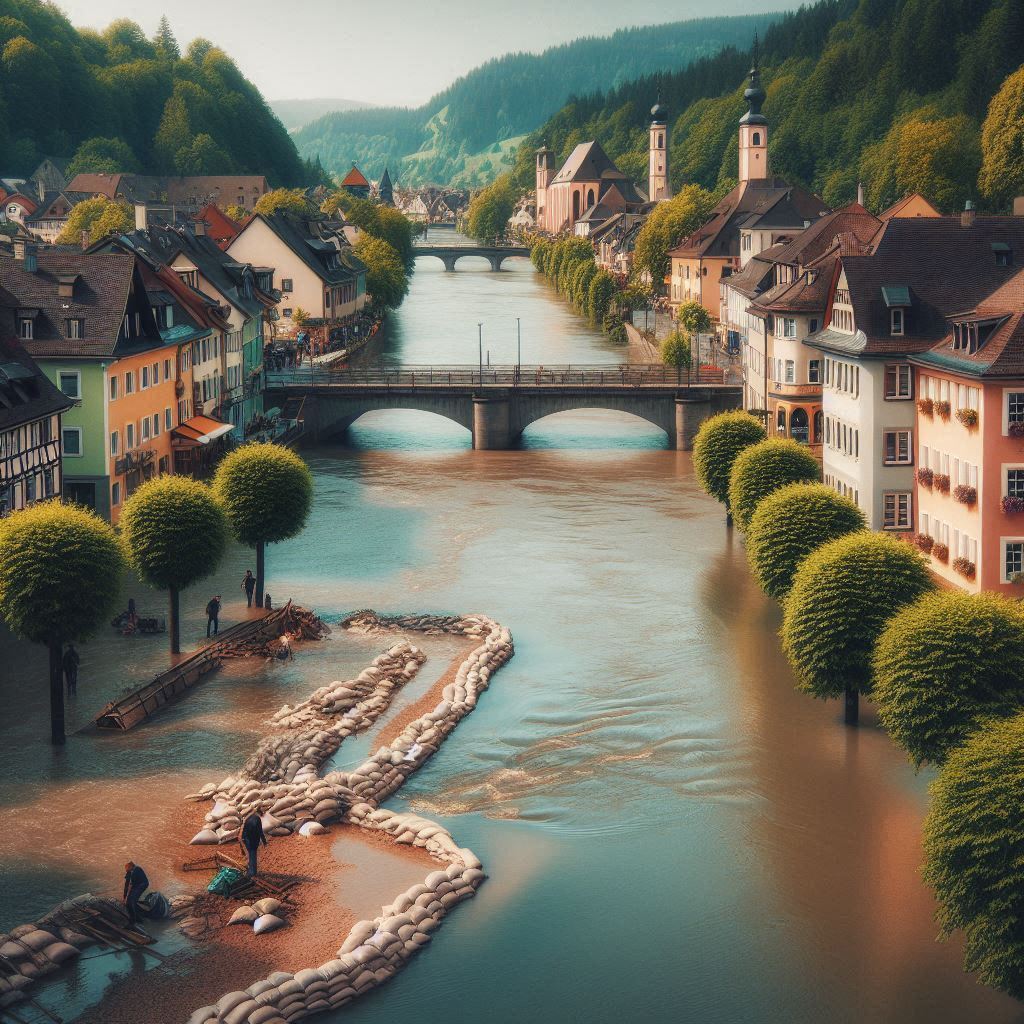
In this unit, you will learn about rivers and how they shape the landscape. You’ll explore how rivers form drainage basins, the different processes occurring in a river, and how features like waterfalls and meanders are created. You’ll also study how rivers are used by people, the causes and effects of river floods, and evaluate various methods to manage flooding.
Read MoreThreatened Places
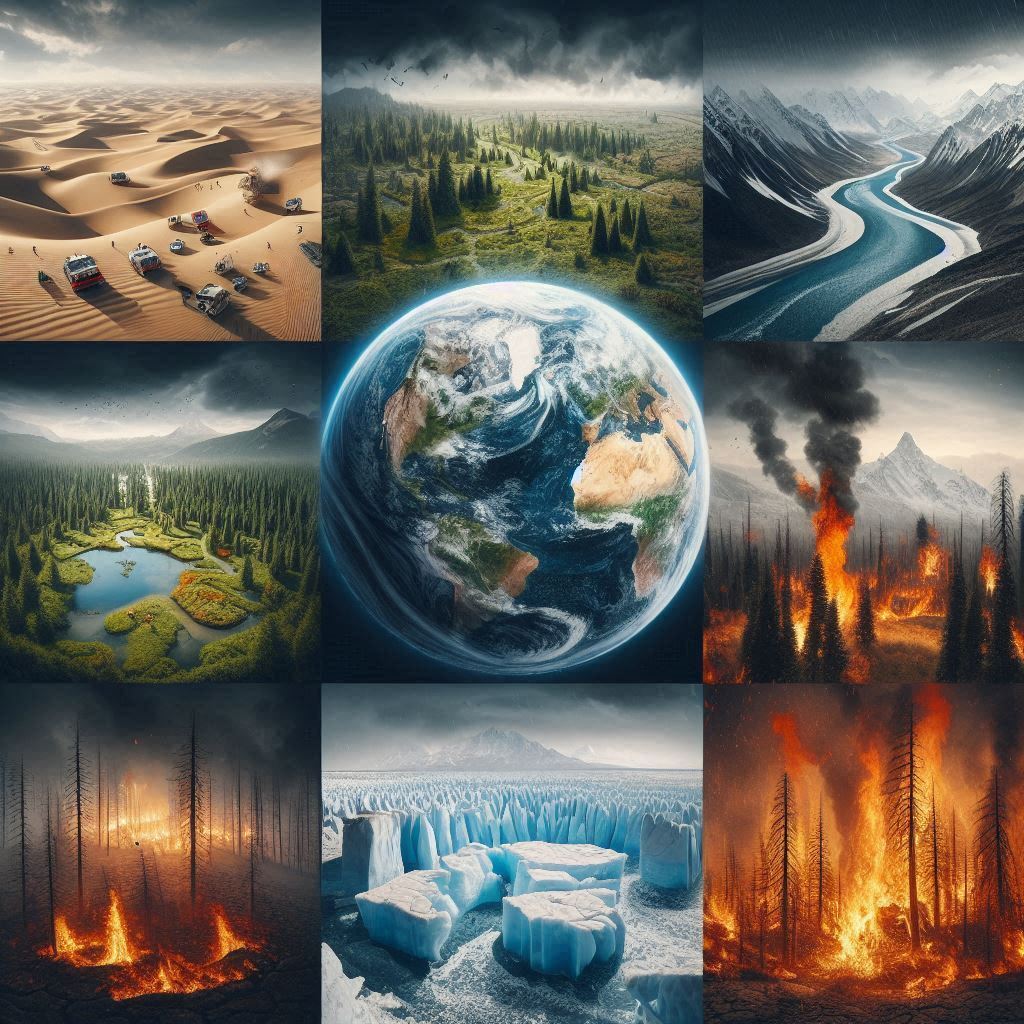
In this unit, you'll explore various threats to our planet and how they affect different places. You’ll learn about environmental issues such as plastic pollution, climate change, and desertification. You’ll also look at how these threats impact both the global and local environment and discover ways to create a more sustainable future.
Read MoreLiving World
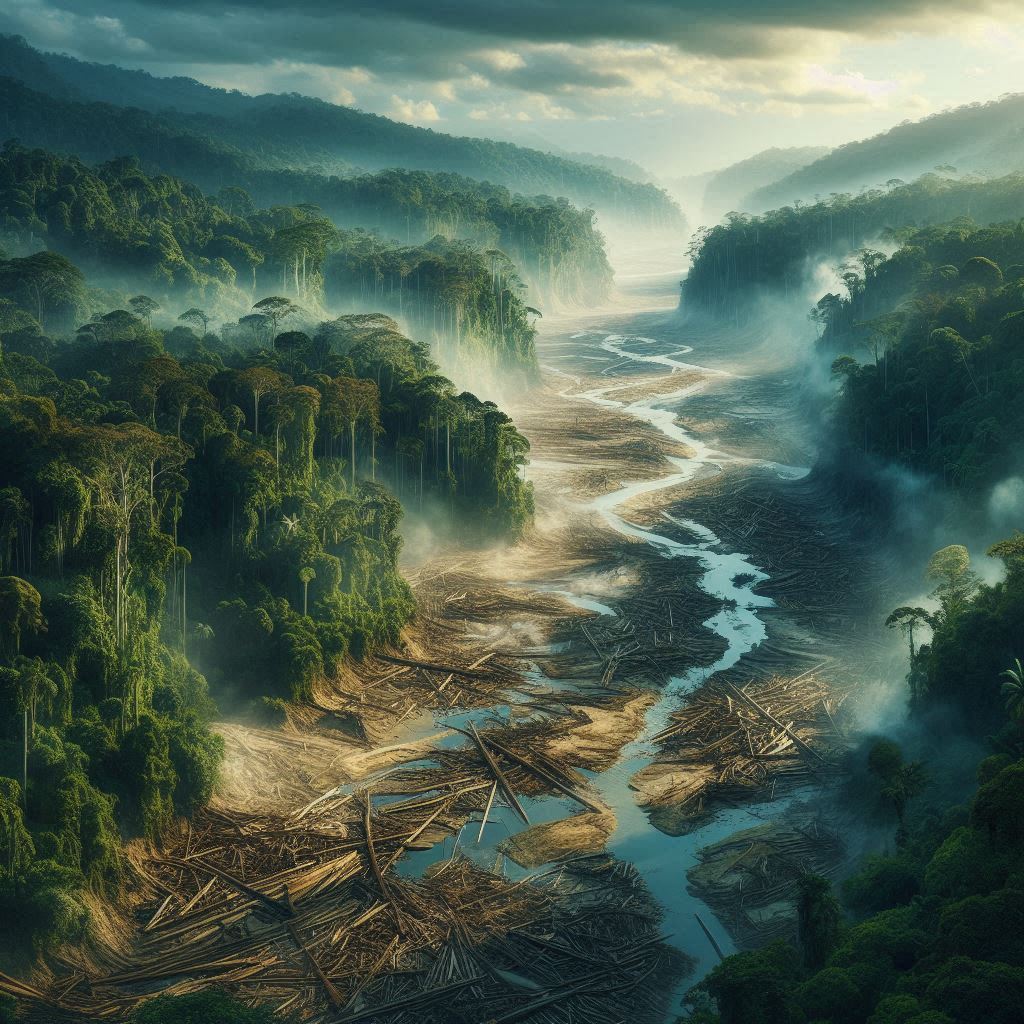
In this unit, you'll explore different ecosystems around the world and understand how they interact. You’ll focus on tropical rainforests, learning about their characteristics, how plants and animals adapt, and the impacts of deforestation. You’ll also look at the value of these ecosystems and strategies for managing and conserving them.
Read MoreResource Management
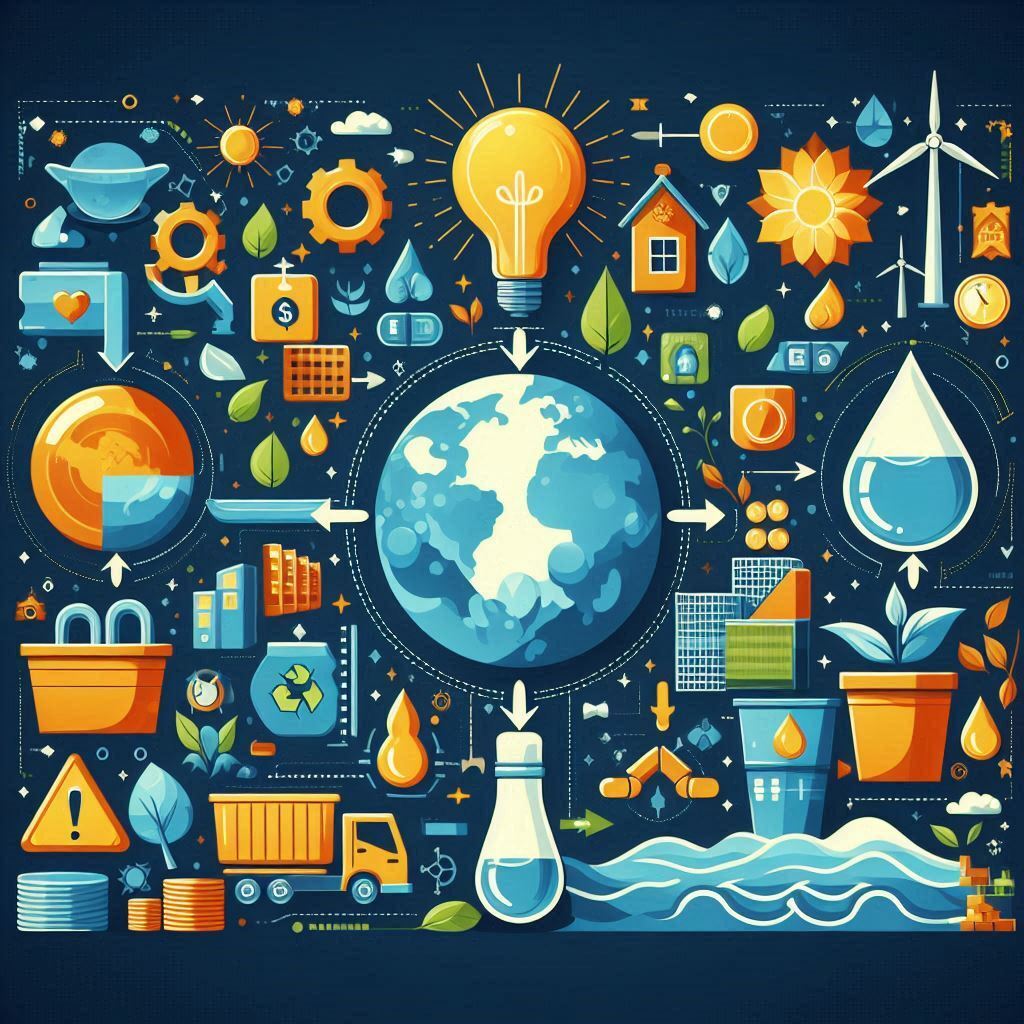
In this unit, you'll examine how food, water, and energy are crucial for human development and explore how we manage these resources in the UK. You'll learn about the challenges and solutions related to food production, water supply, and energy use, and consider how to move towards a more sustainable future.
Read MoreYear 10
Weather hazards and climate change
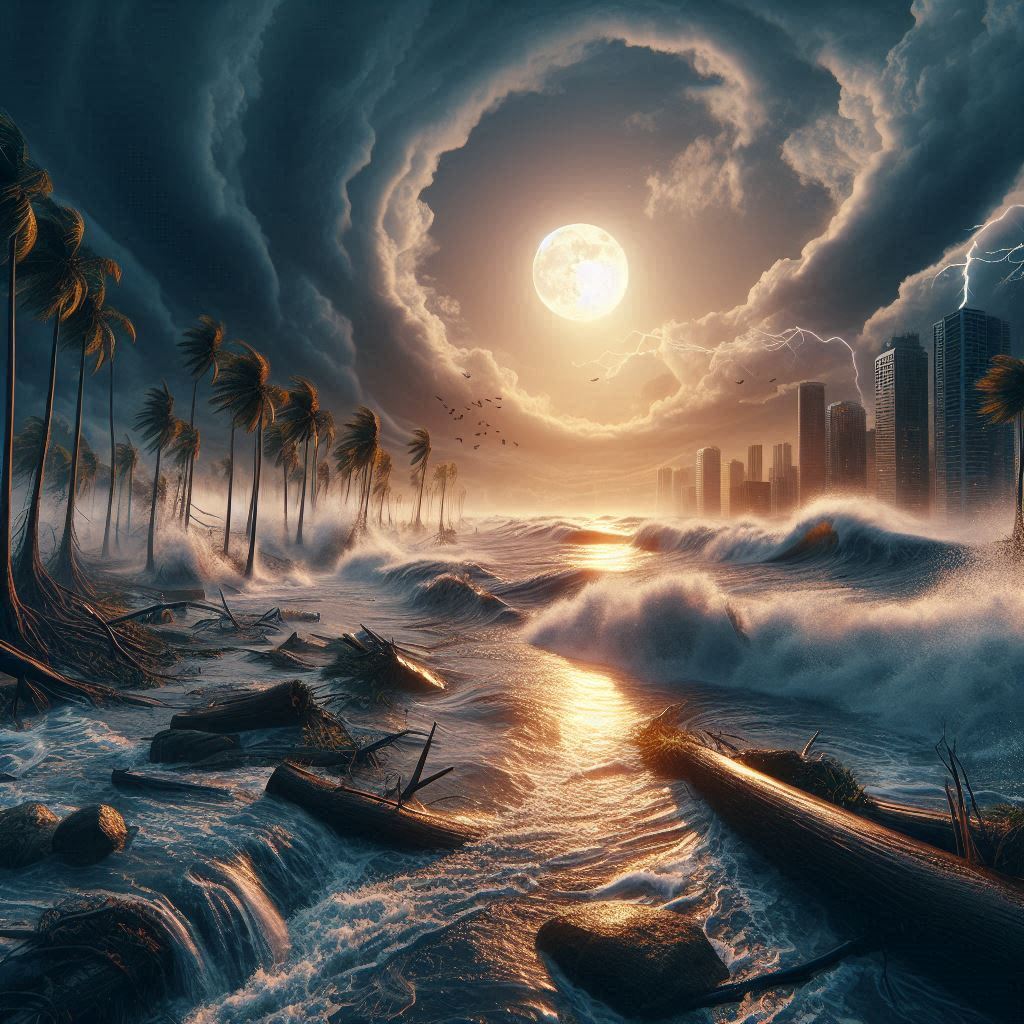
In this unit, you will study how natural hazards like tropical storms and extreme weather affect people and the environment. You will learn about the processes behind these weather events, the impact of climate change, and how different strategies can help manage and reduce these risks. This will build on what you've previously learned about weather and climate.
Read MoreChanging economic world LIC/NEE

In this unit, you’ll explore how and why some countries are more developed than others. You’ll learn about the causes of inequality, how development affects populations, and the role of organisations and businesses in changing economies. This will help you understand how development varies across different countries and what can be done to improve living conditions.
Read MoreTectonic Hazards
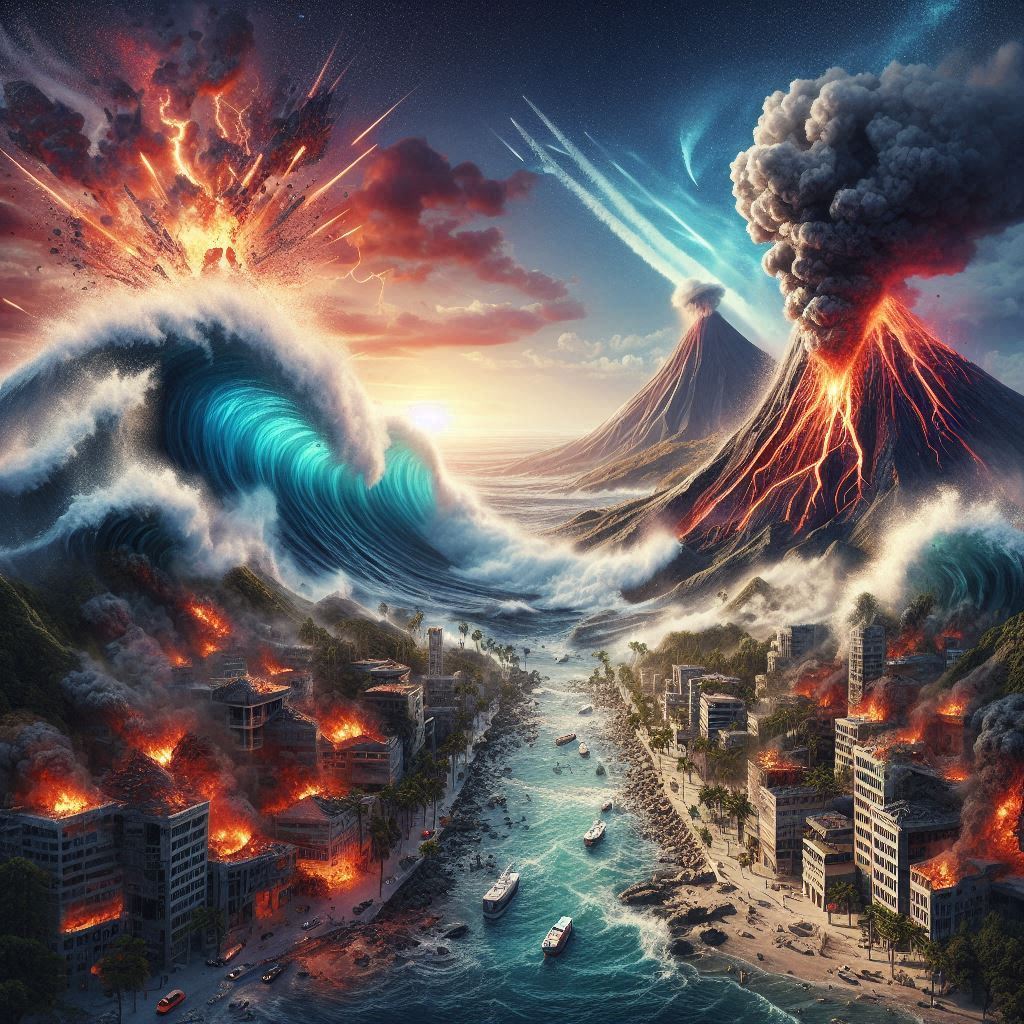
In this unit, you'll explore tectonic hazards like earthquakes and volcanoes, and understand why they occur. You’ll learn about the Earth's structure and plate tectonics, how these forces create natural hazards, and how different places manage and respond to them. By studying real-life case studies, you'll see how these hazards impact both High-Income Countries (HICs) and Newly Emerging Economies (NEEs).
Read MoreHot or Cold Environments

In this unit, you will explore cold environments, such as Polar Regions and tundra. You’ll learn about their physical features, how people develop and manage these areas, and the challenges they face. By studying places like Svalbard, you’ll understand the unique opportunities and difficulties that come with living in these extreme conditions.
Read MoreUrban issues and challenges UK city
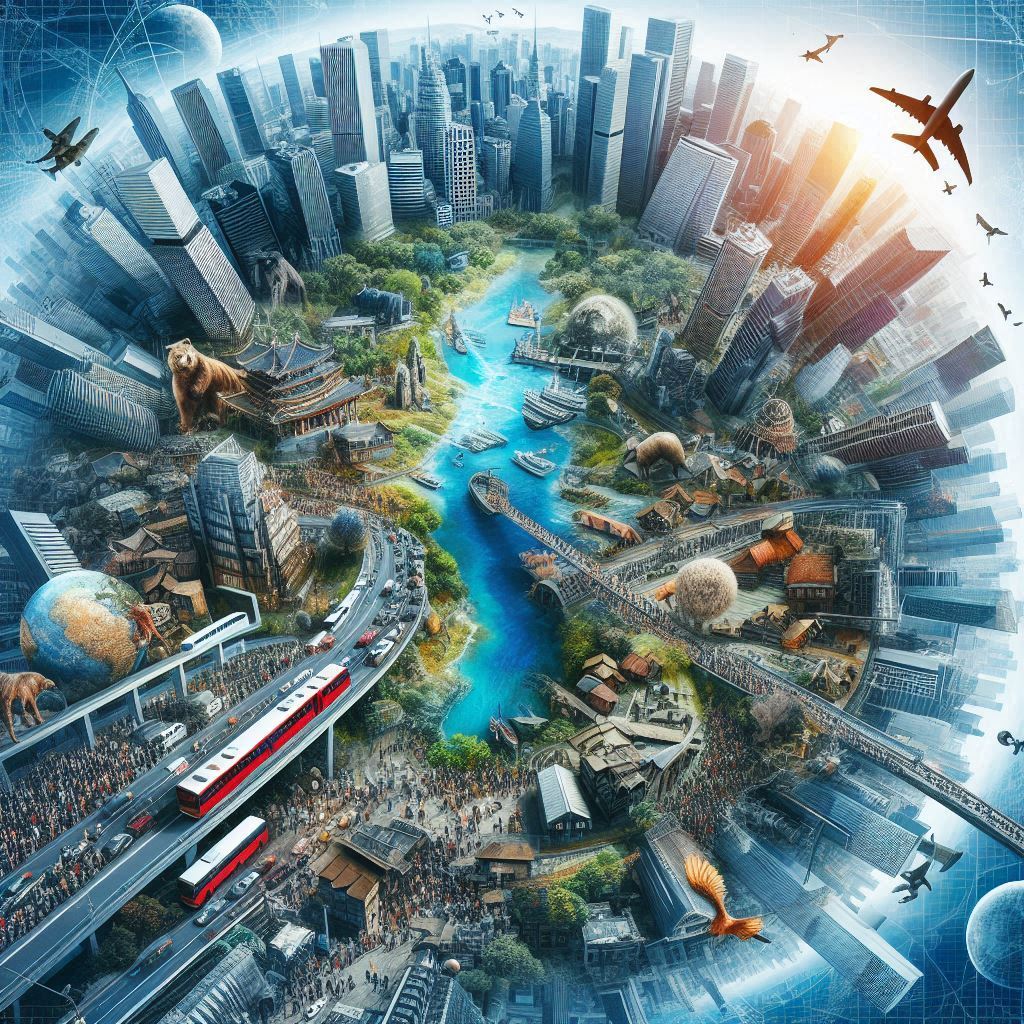
In this unit, you’ll explore urban issues and challenges within UK cities. You’ll learn about global urbanisation trends and what makes megacities unique. You’ll focus on a specific UK city to understand how migration and urban change have created both opportunities and challenges. You’ll also study how cities can be regenerated and made more sustainable.
Read MoreCoasts
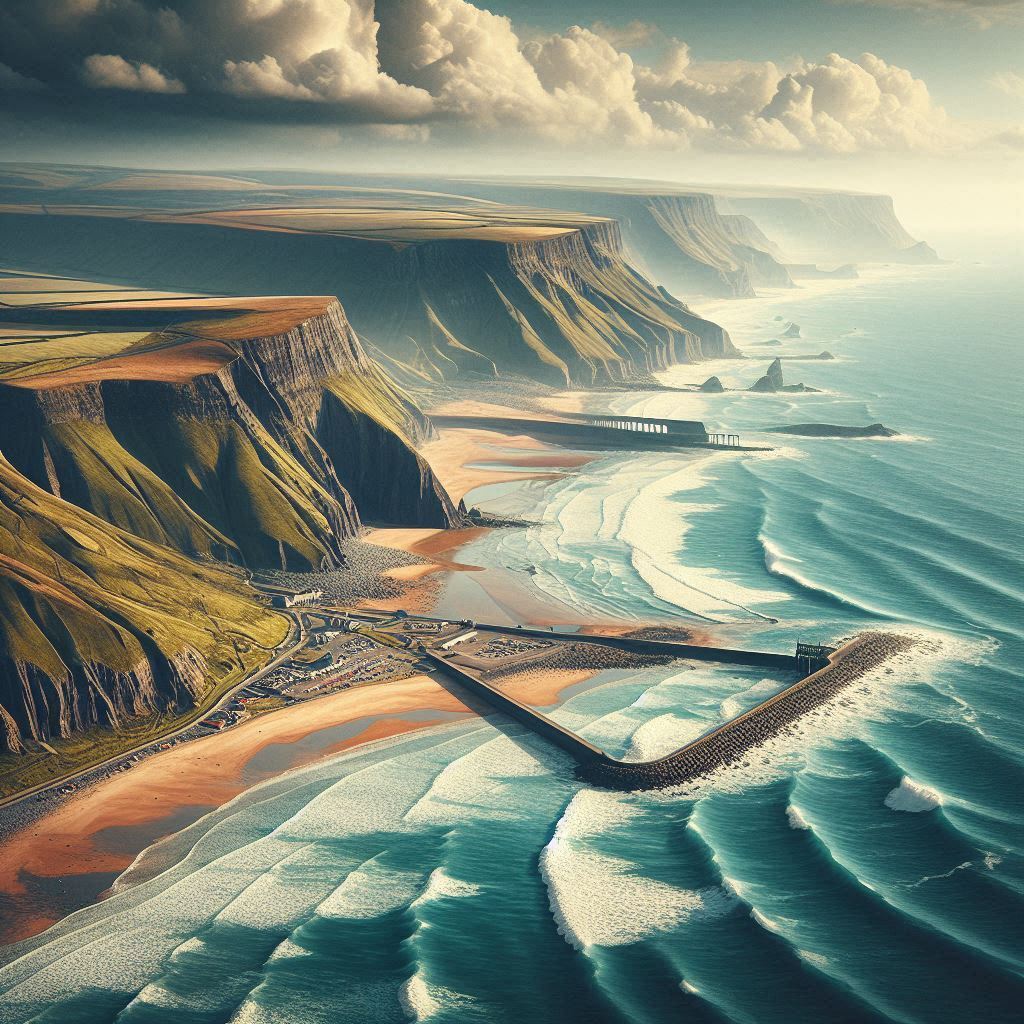
In this unit, you’ll learn about the features and processes that shape our coastlines. You’ll explore how different coastal landforms are created through erosion and deposition. You’ll also investigate how coastal management strategies, both hard and soft, protect our shores. By examining a UK coastline example, you’ll see these processes and management techniques in action and understand the challenges of living on an island.
Read MorePhysical Fieldwork

In this unit, you’ll conduct fieldwork to study physical environments, such as coasts or rivers. You’ll learn how to collect and present data from real-life landscapes, analyse your findings, and draw conclusions. This hands-on approach helps you understand how geographical processes work in the real world.
Read MoreYear 11
Urban Issues and Challenges NEE
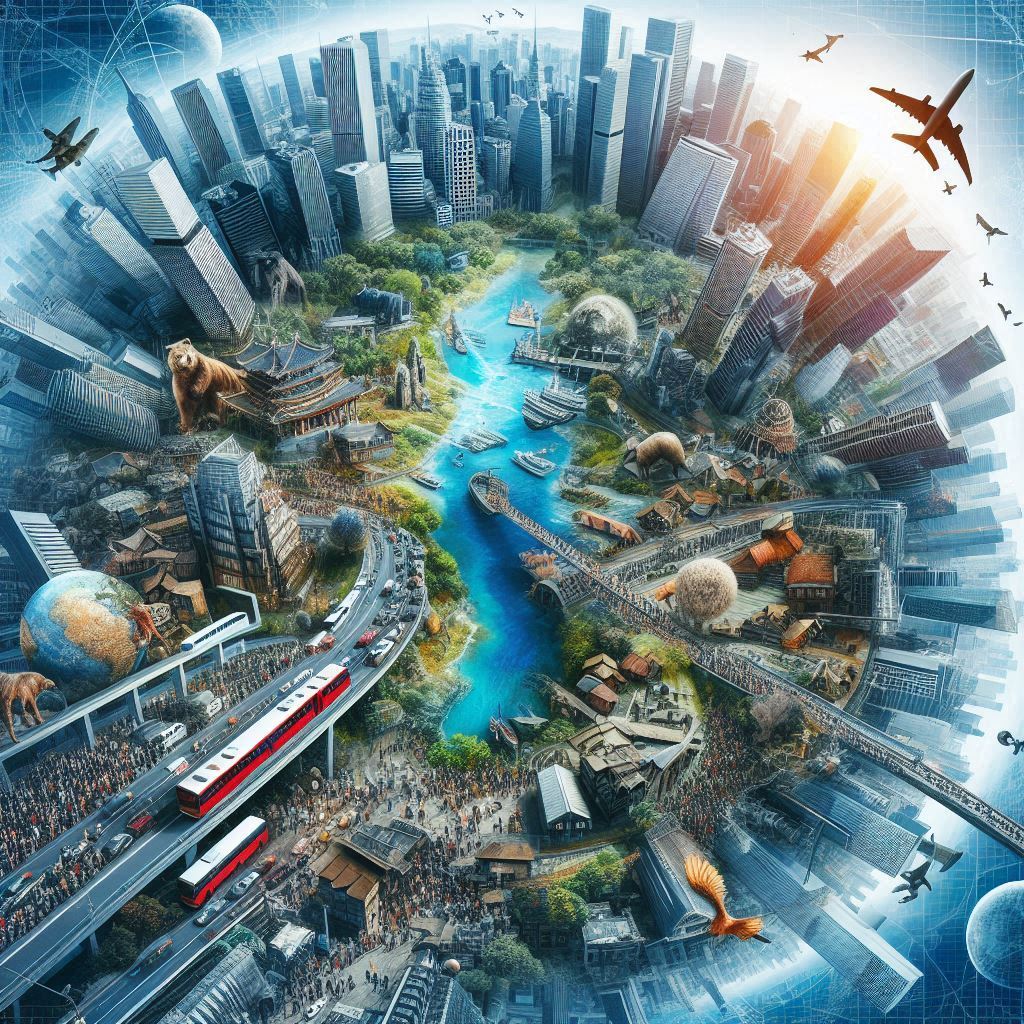
In this unit, you'll explore the challenges and opportunities faced by a rapidly growing city in a Newly Emerging Economy (NEE). You’ll learn about the causes of urban growth, how it benefits the city, and the problems it creates. You'll also discover how city planners are working to manage environmental issues and improve living conditions.
Read MoreHot or cold environments

In this unit, you will explore cold environments, such as Polar Regions and tundra. You’ll learn about their physical features, how people develop and manage these areas, and the challenges they face. By studying places like Svalbard, you’ll understand the unique opportunities and difficulties that come with living in these extreme conditions.
Read MoreHuman Fieldwork

In this unit, you'll dive into human fieldwork, focusing on collecting and analysing data about human environments. You'll explore how to gather information in real-life settings, present your findings clearly, and use your analysis to draw meaningful conclusions. This practical experience will help you understand how geographers study human spaces.
Read MoreRivers
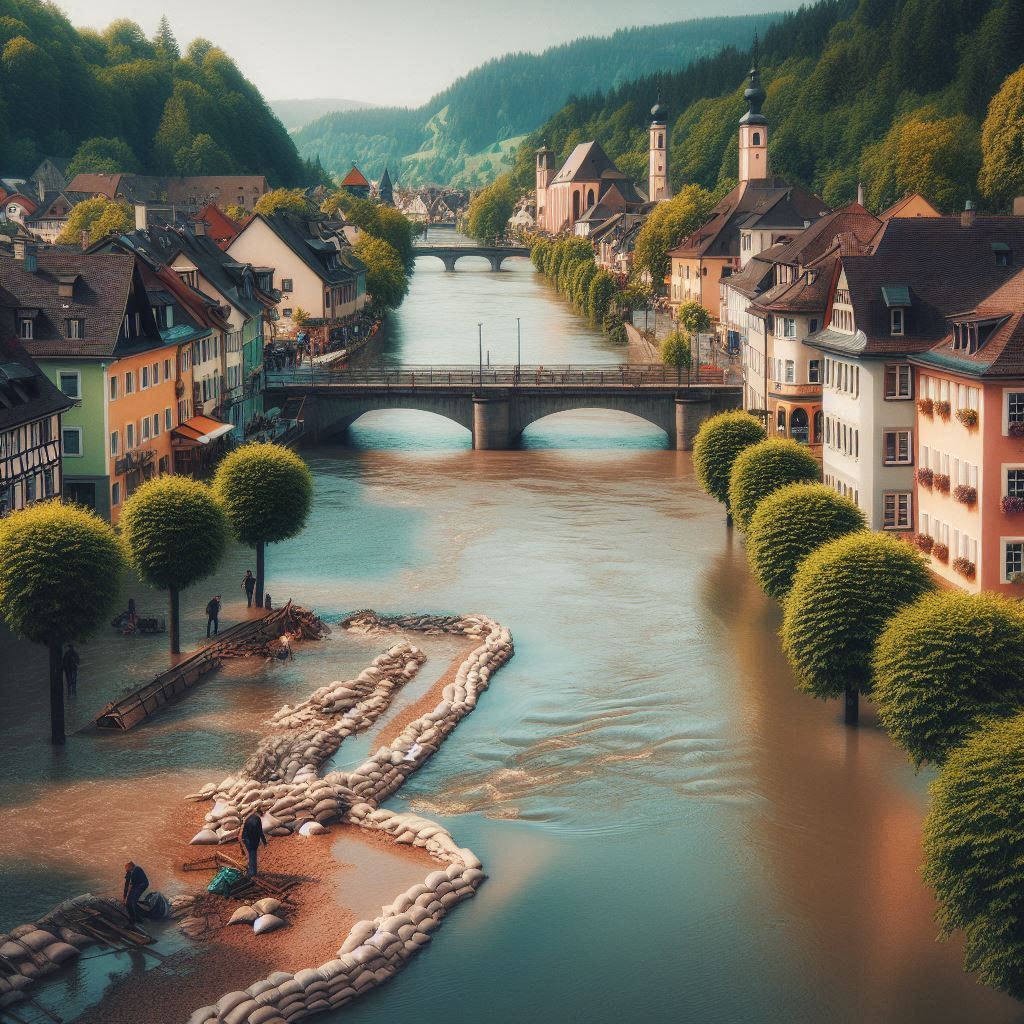
This unit explores how rivers shape landscapes and manage flood risks. You’ll learn about the different landforms created by rivers, like waterfalls and meanders, and understand how rivers change from their source to their mouth. We’ll also look at how human and physical factors influence flood risks and examine various methods for managing floods.
Read MoreChanging Economic World - UK economy

In this unit, you’ll explore how the UK’s economy has evolved over time. You’ll learn about the shift from industry-based jobs to a post-industrial economy, where services and technology play a major role. We’ll look at changes in rural areas and infrastructure, and how the UK fits into the global economy today.
Read More